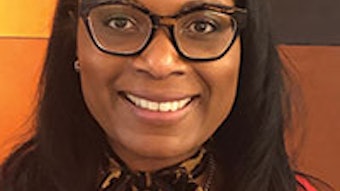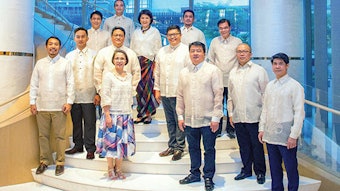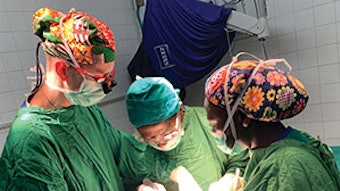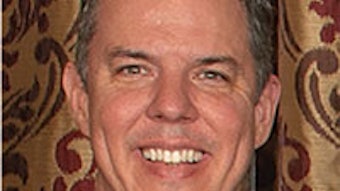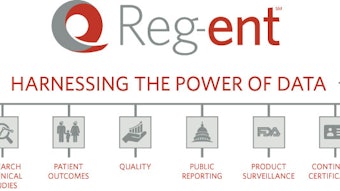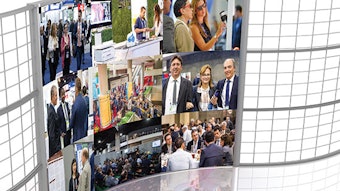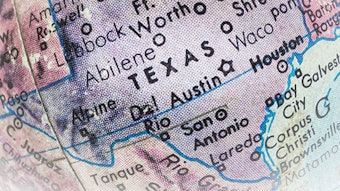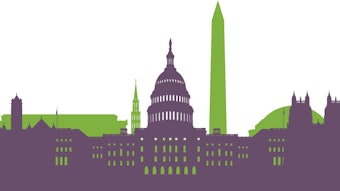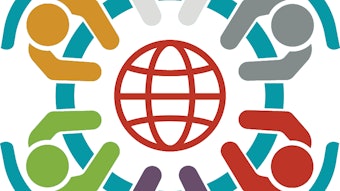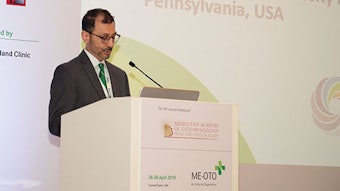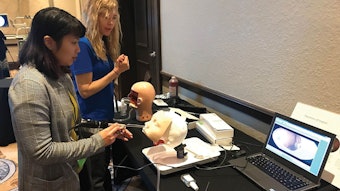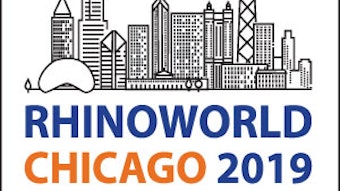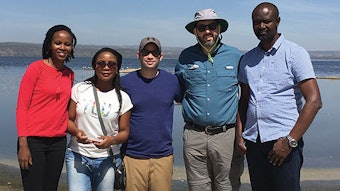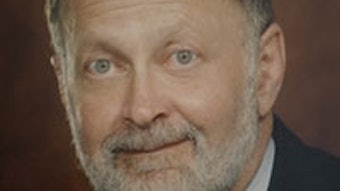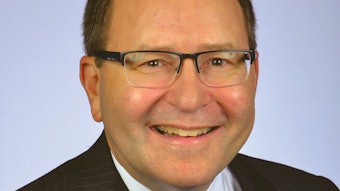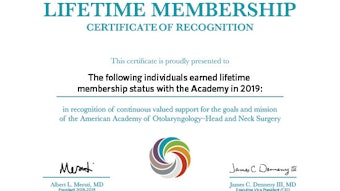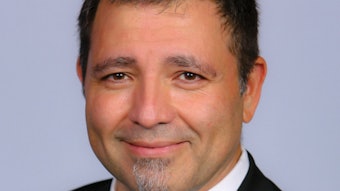2019 BOG Candidate Statements
What is the greatest challenge our specialty is currently facing and how would you advocate for action through member engagement?
Candidates for BOG Chair-Elect
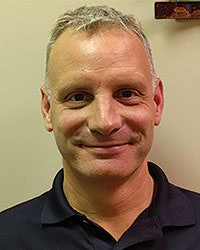
What is the greatest challenge our specialty is currently facing and how would you advocate for action through member engagement?
I feel that our greatest challenge, and it’s not unique to our specialty, is physician burnout and remaining fully dedicated to medicine. There are multiple daily, even hourly, factors that contribute to this overall feeling of physicians losing contact with their patients and even themselves. The medical environment in the U.S. is brutal right now, between increasing regulations, physicians being tethered to their electronic health records, and payers bringing productivity to a halt with prior authorizations and other requirements. Large hospital systems and corporate medical practices continue to expand in an effort to combat these problems but unfortunately do nothing to enhance physician autonomy or wellness. I applaud recent efforts by the BOG to address this, including panel discussions at the Leadership Forum and increased grassroots outreach to all members. Changing whole cultures and organizations may be impossible, so let’s focus on the individual physician mindset!
What initiatives would you recommend strengthening the relationship and engagement opportunities between AAO-HNS state, local, and specialty BOG societies?
This is an easy question to answer because the entire core mission of the BOG literally is to strengthen relationship and engagement opportunities. Multiple initiatives already exist and are becoming robust every year. The Regional Representative Program, which I was an original member of, is a perfect example of an initiative that grew out of a need to engage all representative societies on a regional basis. It continues to flourish and expand, especially with the inclusion of a Specialty Society Representative. I currently serve as Chair of the BOG Legislative Affairs Committee, and we are strengthening our social media presence and using advanced communication strategies to quickly amplify important legislative efforts to all AAO-HNS members. These are only two examples of the many efforts the BOG has made in fully engaging all societies. I look forward to working with a great team to continue these productive relationships.
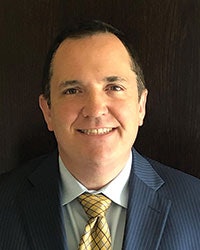
Chair-Elect Candidate Lance A. Manning, MD
What is the greatest challenge our specialty is currently facing, and how would you advocate for action through member engagement?
There are certainly many challenges facing our specialty, including physician burnout, practice sustainability in the face of declining reimbursement, time demands from uncompensated tasks such as EHR data entry and nonclinical paper work, managing quality measure incentives, the burden of nonsurgical care of a rapidly expanding older population, and cost barriers to optimized patient treatment.
However, central to nearly all of these is divisiveness. The time demands of mundane nonclinical tasks and productivity requirements can divide us from meaningful time with our loved ones. EMR and technology can divide us from personal interaction with our patients. Third party interference in coverage of services can divide us from the ability to provide timely, appropriate treatment.
My plea is for members of all types in all stations to actively engage with the BOG to combat this divisiveness. We must continue to come together from academic and nonacademic practices, across every subspecialty, and at varying stages of our respective careers, to share best practices, to advocate for health policy that best serves our patients, and to stay mutually informed of the changes in the healthcare marketplace so as to proactively shape the future of our specialty. Ultimately, these efforts will free us to focus on what we do well—provide the best possible otolaryngology care.
What initiatives would you recommend to strengthen relationship and engagement opportunities between AAO-HNS state, local, and specialty BOG societies?
My experience ranges from from being the managing partner of a successful otolaryngology private practice, to the chief-of-staff for a large multi-hospital health system, to consultant in the founding of a multi-state Clinically Integrated Network, to director on the managing boards of several large physician payment organizations, to health policy consultant, and to many Academy positions including:
- BOG SEGR Chairman
- BOG Executive Committee
- BOG Regional Representative
- BOG Legislative State Representative
- Physician Payment Policy Workgroup (3P)
- Practice Management Education Committee Chair
- Education Steering Committee
- RUC/CPT Advisory Team
- Annual Meeting Program Committee-General Otolaryngology Chair
- Instructional Course Advisory Committee
- Medical Informatics Committee
During this time, I have been fortunate to work alongside many great leaders. It has been my observation that effective leaders in all these roles share the common ability to listen. This, above all, is what the BOG needs to do. I recommend strengthening BOG initiatives that seek first to listen to feedback from members, patient advocacy groups, and other medical specialty societies, and then act to apply this valuable input to generate policy that is grounded in reality. I also recommend promotion of initiatives that develop a group of future Academy leaders from a diverse range of backgrounds and experience so that when such feedback is received, we have the capability to interpret it according to a diverse set of perspectives.
Candidates for BOG Secretary
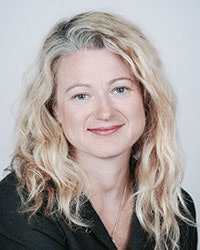
What is the greatest challenge our specialty is currently facing and how would you advocate for action through member engagement?
Regardless of practice modality or location, we all face an environment in which it is increasingly difficult to deliver the best possible care. We simply do not have enough time to spend with our patients. This is multifactorial and arises from needless documentation requirements, cumbersome EHRs, time spent on preauthorizations, rising overhead, and in some areas a shortage of otolaryngologists. As a specialty and as a profession we must work together to identify and fight challenges as they arise; not only by facilitating grassroots advocacy from our members but also by aligning with others who share our interests. Communication and education are critical for developing advocacy, and recognition can go a long way. What if once a week we highlighted a member whose advocacy made a difference in the practice of otolaryngology in his or her community? Could we perhaps inspire more of our colleagues to do the same?
What initiatives would you recommend strengthening the relationship and engagement opportunities between AAO-HNS state, local, and specialty BOG societies?
The BOG has made a great deal of progress in helping component societies network through the regions and through ENTConnect. We also need to foster benchmarking, mentoring, and sharing of best practices. Empowering societies to share (and possibly replicate) their initiatives, innovations, and successes, as well as reach out for help with their challenges, through a central structure could strengthen all of our components. Our BOG could take the lead in compiling, maintaining, and disseminating some of this information. I also believe that there is value in encouraging more direct BOG involvement and participation among all of the members of component societies rather than focusing or relying on only the representatives and committee members. Such an initiative would provide opportunity and experience for potential future leaders, while bringing needed energy and fresh perspectives to our work.
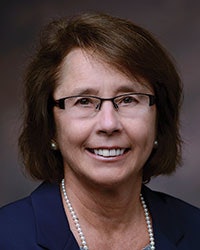
What is the greatest challenge our specialty is currently facing, and how would you advocate for action through member engagement?
The greatest challenge our specialty is currently facing is demonstrating our value and expertise in providing specialty-specific quality care to our patients and demonstrating to all otolaryngologists the importance of their participation in creating a strong and effective national specialty society that represents their needs and advocates for high quality, cost effective, and efficient patient care. The importance of productive communication to optimize the sharing of information regarding legislative and socioeconomic issues that impact the viability of otolaryngology care in all practice settings is critical to sustaining a successful practice.
The BOG serves as an excellent conduit for grassroot information sharing, insightful discussion, and strategizing that can impact our Academy’s management of resources to increase awareness by state and local ENT societies and specialty societies regarding what it has to offer and augment the potential to work together to improve outcomes for all otolaryngologists and their patients.
What initiatives would you recommend to strengthen the relationship and engagement opportunities between AAO-HNS state, local, and specialty BOG societies?
Increasing the awareness of the BOG via effective communication and education is paramount to enhancing and strengthening the working relationship between the AAO-HNS and state, local, and specialty BOG societies. Using toolkits that can be easily updated to relay relevant information in a timely fashion can provide a new opportunity to enhance communication. Targeting state annual meetings and local events to share important information on legislative and socioeconomic issues by committed members of the BOG or designated Academy leaders will facilitate the process. The use of Regional Representatives to identify changes in political and economic policies that impact a particular region can help. Maintaining an accurate email list to utilize for information sharing is essential so the leadership in state, local, and BOG specialty societies can disseminate information effectively. The BOG can serve as the communication hub, providing data promoting high quality patient care, practice management, and practice viability effectively.
